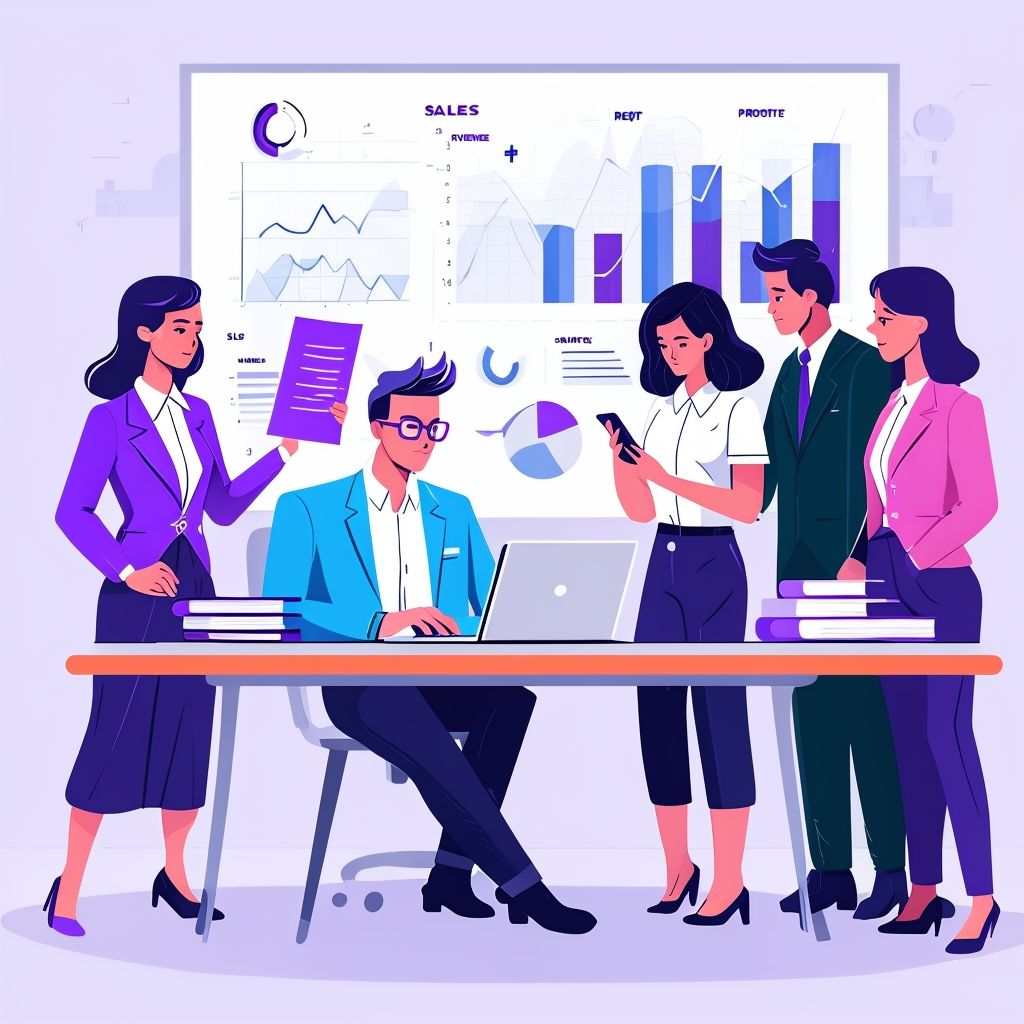Engage and Empower: The Future of Employee Experience
The rise of Employee Experience (EX) platforms is reshaping the landscape of human resources (HR) as organizations strive to enhance employee satisfaction, engagement, and retention. As we look toward 2025 and beyond, understanding the evolution and future of these platforms is crucial for HR leaders and organizations aiming to thrive in a competitive environment.

Understanding Employee Experience Platforms
Employee experience platforms are integrated systems designed to streamline various HR functions, including performance management, employee well-being programs, and professional development. By centralizing these functions, organizations can foster higher employee satisfaction and engagement while reducing turnover rates. A study by Forrester indicated that 90% of employees find integrated employee experience platforms valuable or extremely valuable, highlighting their importance in enhancing personal satisfaction and productivity at work
Key Features of EX Platforms
Centralized Functions: These platforms consolidate essential HR processes into a single interface, making it easier for employees to access necessary resources.
Personalization: They offer tailored career development opportunities and support mental well-being, which are critical for building loyalty among employees.
Feedback Mechanisms: Organizations can collect actionable feedback to understand employee needs better and create a supportive workplace environment.
The Importance of Employee Experience
A positive employee experience is linked to improved organizational performance. Research shows that companies prioritizing employee experience tend to outperform their competitors in terms of productivity and customer satisfaction. This trend is increasingly recognized by executives, with nearly 80% rating employee experience as a top business priority.
The Shift Towards Organizational Velocity
As we move into 2025, there is a notable shift from merely measuring employee engagement to fostering Organizational Velocity—the ability of an organization to adapt quickly to changes while maintaining high performance levels. This new focus emphasizes the importance of speed and adaptability in the workplace. HR leaders will need to evolve their strategies from traditional engagement metrics to more dynamic measures that reflect how effectively teams can respond to challenges.
Future Trends in Employee Experience Platforms
Integration of AI: The use of artificial intelligence in HR processes is expected to grow significantly. AI tools can enhance learning and development, personalize experiences, and streamline recruitment processes.
Focus on Well-being: Mental health and well-being will continue to be central themes in employee experience strategies. Companies are increasingly recognizing the need for comprehensive well-being programs that support employees holistically.
Enhanced Communication: Platforms that improve internal communication will be crucial as hybrid work models become more prevalent. Effective communication tools help maintain connectivity among remote teams.
Conclusion
The rise of employee experience platforms marks a significant transformation in HR practices. As organizations prepare for 2025, investing in these platforms is not just beneficial but essential for attracting and retaining top talent. By prioritizing employee experience through integrated systems that promote engagement, well-being, and adaptability, companies can create a thriving workplace culture that drives success.
References
https://tei.forrester.com/go/google/workspace/?lang=en-us
https://www.forbes.com/sites/carabrennanallamano/2024/03/20/how-to-build-a-better-employee-experience–and-why-it-matters/









